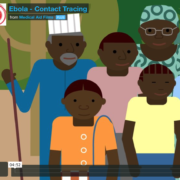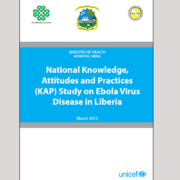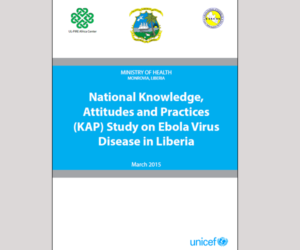 The Knowledge, Attitudes and Practice (KAP) study was conducted between December 7th and 22nd, 2014, to gauge the success of social mobilization efforts to educate the general public on key Ebola prevention messages in the country. The study design included quantitative and qualitative components. A questionnaire survey from a representative sample of 1,140 households was conducted in 6 purposely selected counties (Montserrado, Grand Gedeh, Lofa, Nimba, River Cess and Grand Cape Mount). Counties were selected to cover a range in the timing and impact of the Ebola epidemic in different parts of Liberia. The qualitative component was included to provide social context, collective understanding, and evolving debates behind static survey responses. It consisted of a series of 28 focus group discussions among 224 men and women conducted around the same time period in the same six counties. Groups were divided by gender and urban-rural residence, with additional groups for those in professional occupations. The topic guide generally followed a similar structure to the survey questionnaire in order to facilitate comparison across both data sources.
The Knowledge, Attitudes and Practice (KAP) study was conducted between December 7th and 22nd, 2014, to gauge the success of social mobilization efforts to educate the general public on key Ebola prevention messages in the country. The study design included quantitative and qualitative components. A questionnaire survey from a representative sample of 1,140 households was conducted in 6 purposely selected counties (Montserrado, Grand Gedeh, Lofa, Nimba, River Cess and Grand Cape Mount). Counties were selected to cover a range in the timing and impact of the Ebola epidemic in different parts of Liberia. The qualitative component was included to provide social context, collective understanding, and evolving debates behind static survey responses. It consisted of a series of 28 focus group discussions among 224 men and women conducted around the same time period in the same six counties. Groups were divided by gender and urban-rural residence, with additional groups for those in professional occupations. The topic guide generally followed a similar structure to the survey questionnaire in order to facilitate comparison across both data sources.
National Knowledge, Attitudes and Practices (KAP) Study on Ebola Virus Disease in Liberia
 2021- Developed by the Government of Sierra Leone, this resource features facts about Ebola, prevention, signs and symptoms, treatment and how to distinguish between COVID-19 and Ebola Virus Disease.
2021- Developed by the Government of Sierra Leone, this resource features facts about Ebola, prevention, signs and symptoms, treatment and how to distinguish between COVID-19 and Ebola Virus Disease.
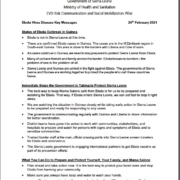
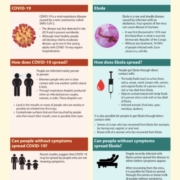
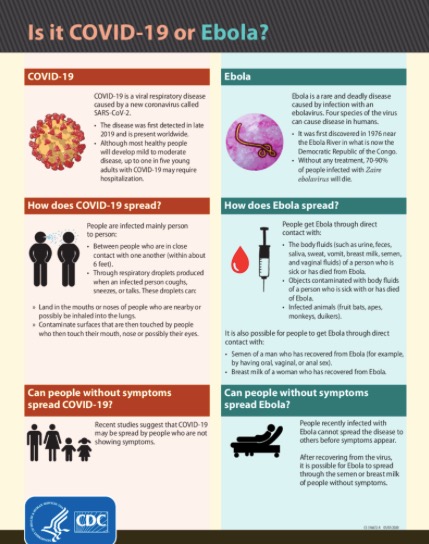 This fact sheet distinguishes between Covid-19 and Ebola in terms of cause, transmission, signs and symptoms and risk factors.
This fact sheet distinguishes between Covid-19 and Ebola in terms of cause, transmission, signs and symptoms and risk factors.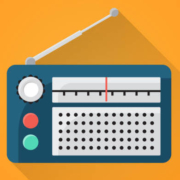
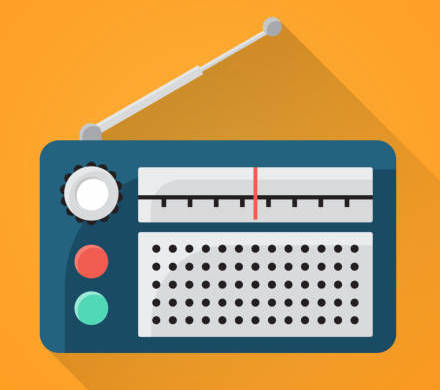
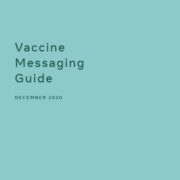
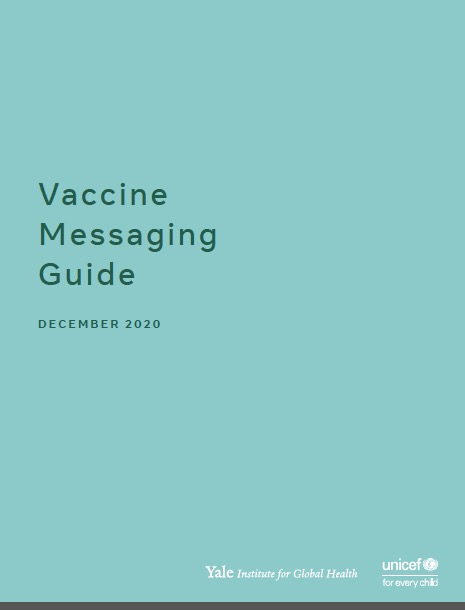 This Guide was developed by the Yale Institute of Global Health and the UNICEF Demand for Immunization team. It is intended for public health professionals, communicators, advocates and anyone else who wishes to create pro-vaccine content to motivate people to vaccinate themselves and their entourage.
This Guide was developed by the Yale Institute of Global Health and the UNICEF Demand for Immunization team. It is intended for public health professionals, communicators, advocates and anyone else who wishes to create pro-vaccine content to motivate people to vaccinate themselves and their entourage.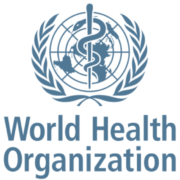
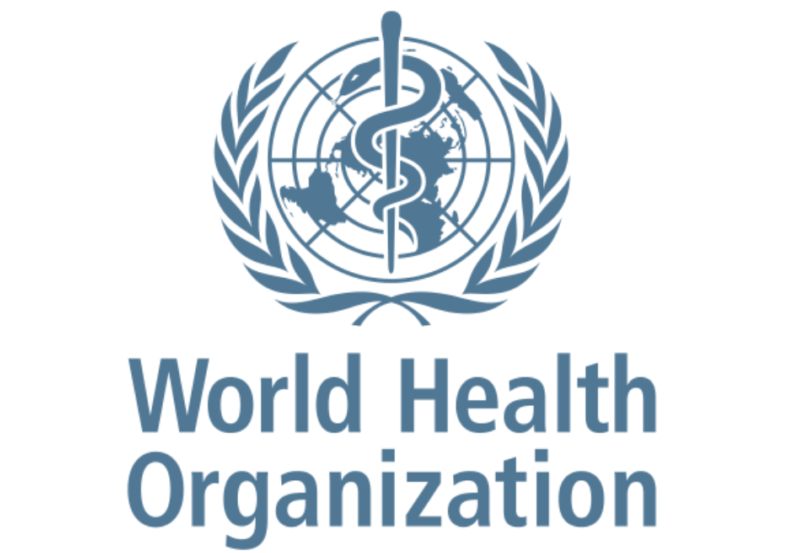
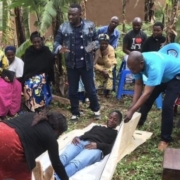
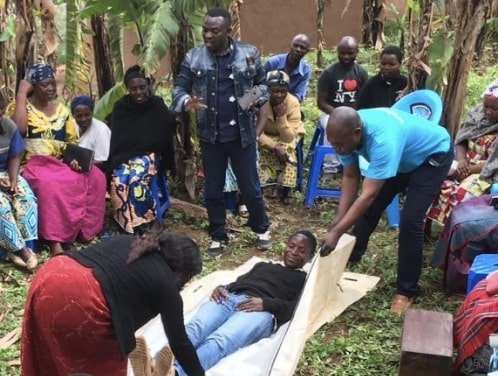 This Message guide provides key messages for various audiences (Communities, family members, survivors, leaders and government administrators and health care workers) on dignified and secure burial, IPC, vaccination, nutrition, medical care. Also included are messages for points of entry, survivors and on surveillance.
This Message guide provides key messages for various audiences (Communities, family members, survivors, leaders and government administrators and health care workers) on dignified and secure burial, IPC, vaccination, nutrition, medical care. Also included are messages for points of entry, survivors and on surveillance.
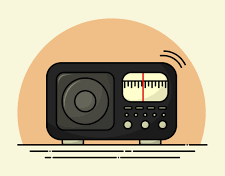 This radio spot in 6 different languages discusses the importance of the Ebola vaccine as a preventative measure, how it works and eligibility. Some common misconceptions associated with the Ebola Vaccine are addressed. The accompanying radio script is available in French and English.
This radio spot in 6 different languages discusses the importance of the Ebola vaccine as a preventative measure, how it works and eligibility. Some common misconceptions associated with the Ebola Vaccine are addressed. The accompanying radio script is available in French and English.